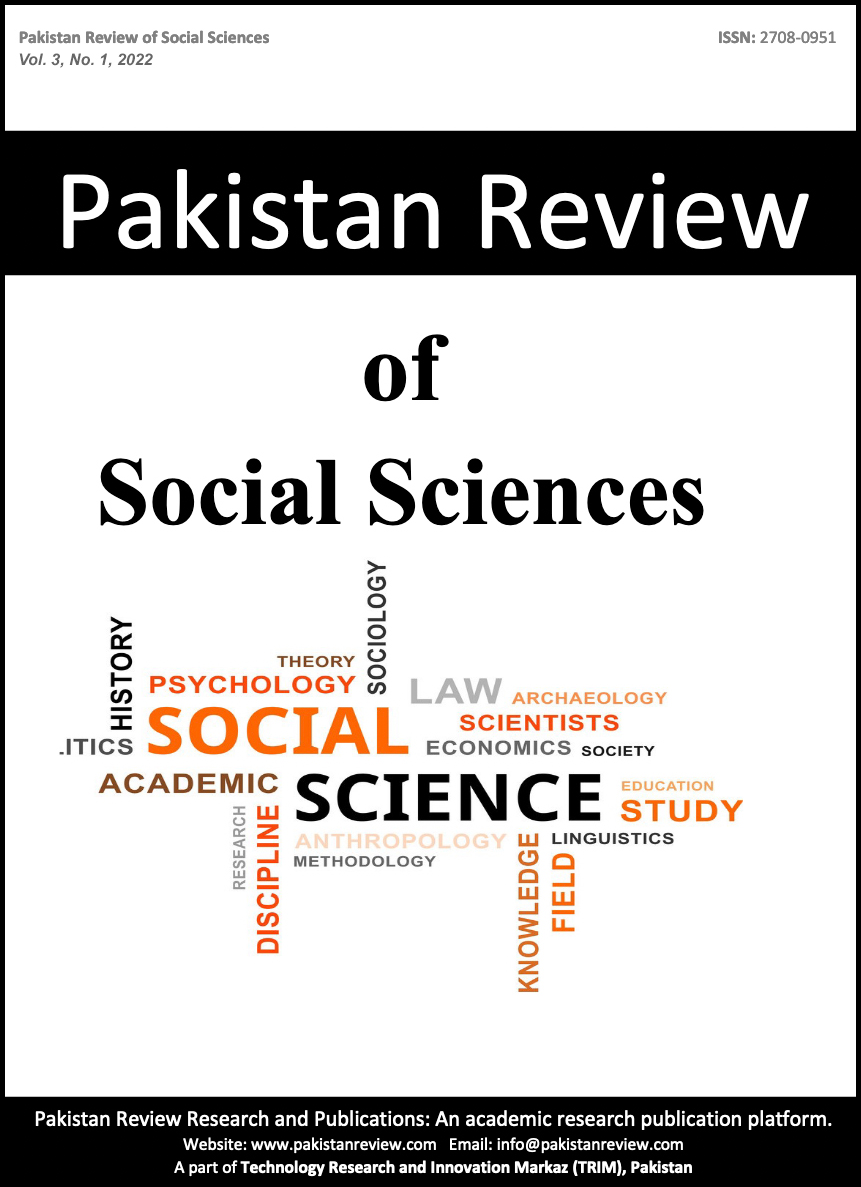Effects of Societal Broadcasting on Student’s Educational Status
Keywords:
Effects of Societal Broadcasting on Student’s Educational StatusAbstract
Pakistan is the third biggest country in terms of internet users worldwide, with a high Societal and mobile audience. In Pakistan, Societal networking sites like WhatsApp, Facebook, YouTube , Twitter, Instagram, etc divert students from their studies. Students spend more time on societal media than they do use personal email. Even though, there is privacy and safety loss. It provides opportunities for connecting with friends, classmates, and people with a shared interest. Today, the main aim of the student should be education and their future career. However, many students rely on the accessibility of information on societal media different types. That means reduced focus on learning and retaining information. The study also points out the popularity of Societal networking sites among the student community. Societal networking sites and societal media have revolutionized the world, bringing us closer than ever before. However, students can exploit this and use it for a better life, a better tomorrow. It should be used to connect, stay in touch, and share views but not waste time. The sample size for the study is 200. A questionnaire is designed to determine the various societal media factors that impact students’ education. Variables identified are gender, education, societal influence, and academic status.
Downloads
Published
How to Cite
Issue
Section
License
Copyright (c) 2022 Pakistan Review of Social Sciences (PRSS)

This work is licensed under a Creative Commons Attribution 4.0 International License.
Submission declaration
Authors have copyright but license exclusive rights in their article to the publisher. Author's submission implies that the work described has not been published previously (except in the form of an abstract or as part of a published lecture or academic thesis), that it is not under consideration for publication elsewhere, that its publication is approved by all authors and tacitly or explicitly by the responsible authorities where the work was carried out, and that, if accepted, it will not be published elsewhere including electronically in the same form, in English or in any other language, without the written consent of the copyright-holder.



